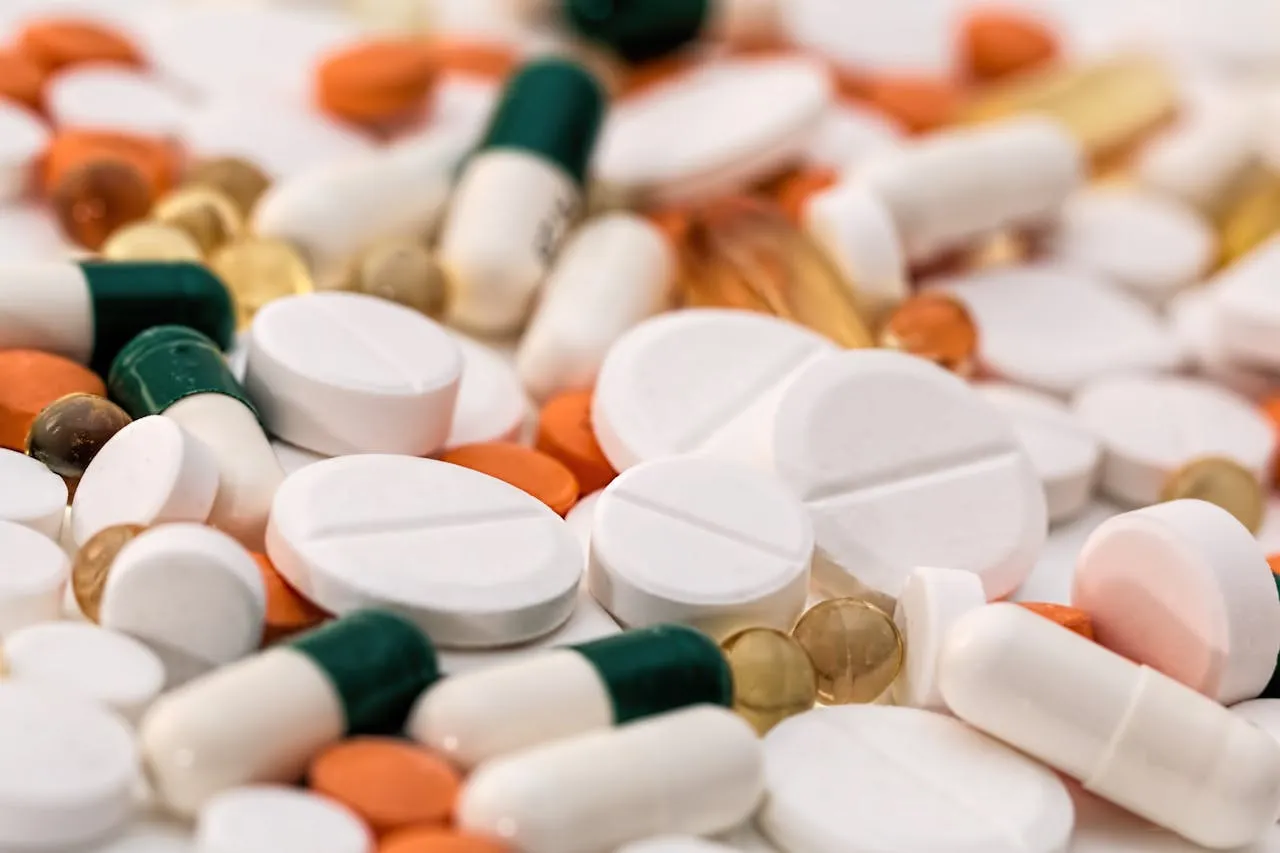
Senegal and Rwanda have joined an elite group of African nations by achieving Maturity Level 3 (ML3) status in the World Health Organization’s (WHO) global classification of national regulatory authorities. This milestone reflects their dedication to providing safe, effective, and high-quality medical products to their populations.
The recognition follows a rigorous formal benchmarking process conducted by WHO, marking significant progress in regulatory system strengthening across the continent. With this achievement, Senegal and Rwanda become the seventh and eighth African countries to reach ML3, joining Egypt, Ghana, Nigeria, South Africa, Tanzania, and Zimbabwe.
What Is Maturity Level 3?
The WHO’s Global Benchmarking Tool evaluates national regulatory systems against more than 250 indicators. The maturity levels range from 1 to 4:
- Maturity Level 3 signifies a stable, well-functioning, and integrated regulatory system.
- Maturity Level 4, the highest level, indicates an advanced regulatory system committed to continuous improvement.
Achieving ML3 demonstrates that a country has implemented robust systems for ensuring the quality, safety, and efficacy of medical products.
Regulatory Excellence in Senegal and Rwanda
Senegal’s Agence Sénégalaise de Réglementation Pharmaceutique (ARP) and Rwanda’s Food and Drugs Authority (FDA) earned their ML3 status following assessments finalized in October 2024. These evaluations were conducted in collaboration with the WHO Regional Office for Africa (AFRO) and the WHO country offices in Senegal and Rwanda.
Dr. Matshidiso Moeti, WHO Regional Director for Africa, lauded the milestone:
A First for Francophone Africa
Senegal’s accomplishment is particularly noteworthy as it becomes the first francophone African country to achieve ML3. This achievement is a major step toward the operationalization of the African Medicines Agency (AMA), which aims to harmonize regulatory systems across the continent.
Rwanda’s success adds to the momentum in East Africa, becoming the second country in the region to reach ML3 after Tanzania, which achieved this status in 2018.
Strengthening Health Systems
The WHO benchmarking process is a key part of its program to enhance regulatory systems worldwide. Core functions assessed include:
- Product authorization: Ensuring new medical products meet stringent safety and efficacy standards.
- Market surveillance: Monitoring the safety and quality of products available to the public.
- Adverse event detection: Identifying and addressing any harmful side effects of medical products.
Regulatory authorities that reach ML3 or ML4 may qualify as WHO-listed Authorities after further performance assessments, elevating their standing on the global stage.
Dr. Yukiko Nakatani, WHO Assistant Director-General for Access to Medicines and Health Products, emphasized the broader implications of these achievements:
A Commitment to Health and Safety
Effective regulation is a cornerstone of robust health systems, enabling:
- Timely access to lifesaving medicines and vaccines.
- Comprehensive safety monitoring to protect public health.
- Improved health outcomes through the assurance of high-quality medical products.
Senegal and Rwanda’s achievements exemplify their leadership in regulatory innovation and their commitment to advancing public health across Africa. As the continent moves closer to harmonized regulatory frameworks, these successes inspire confidence in a healthier, more secure future for all.





